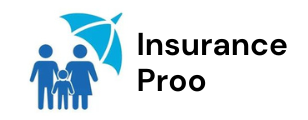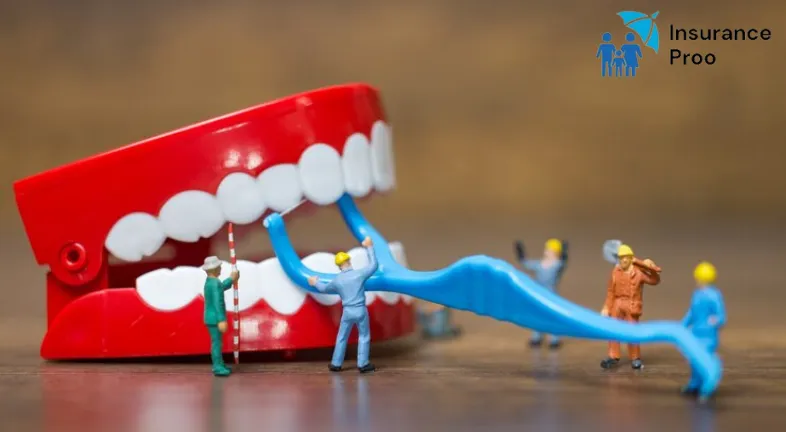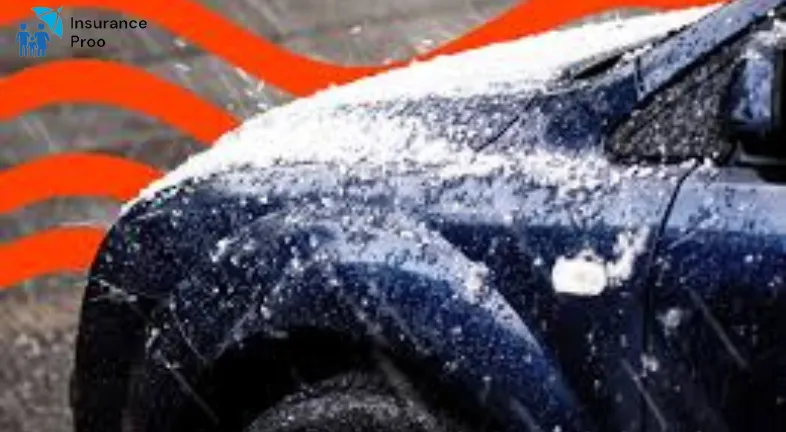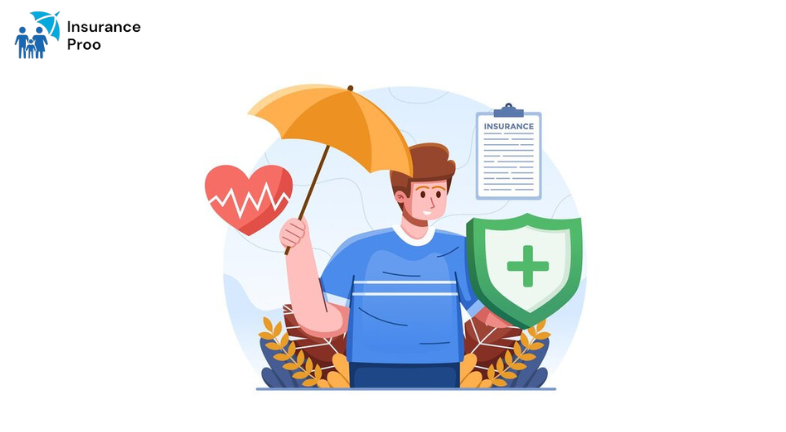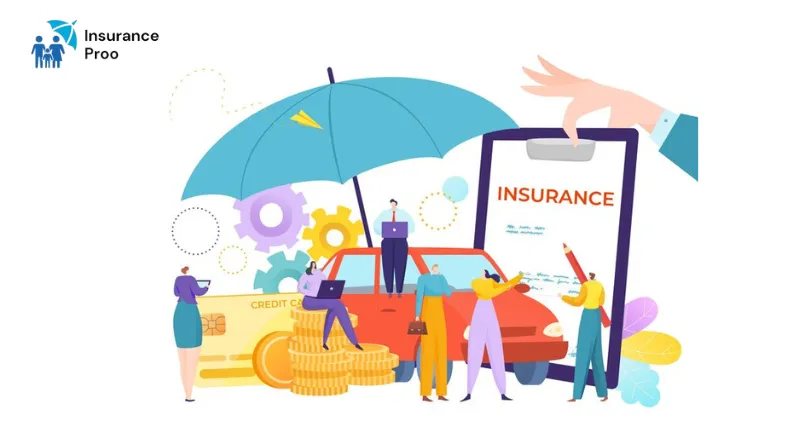DOES CAR INSURANCE COVER HAIL DAMAGE?
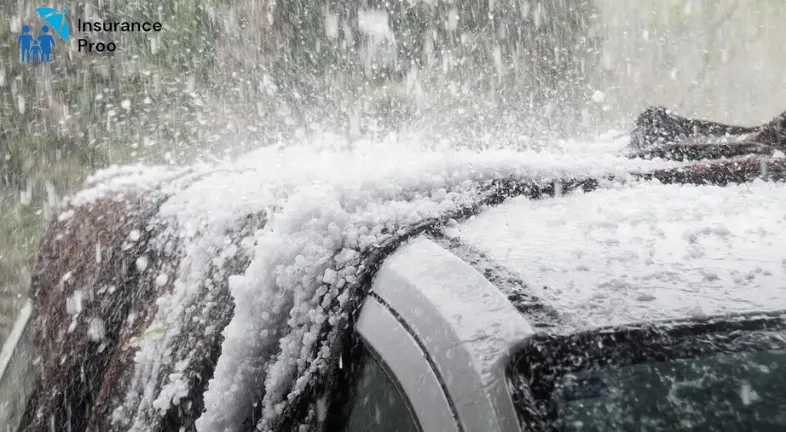
Denting Your Concerns: Does Hail Damage Get Covered by Auto Insurance?
Hailstorms can cause havoc, as evidenced by the path of dented cars and dashed hopes for immaculate car paint jobs. But worry not, tired driver of the weather! When it comes to shielding you from the financial consequences of hail damage, auto insurance can be your financial savior. With the help of this in-depth guide, you will be able to confidently navigate the aftermath of a hailstorm by understanding the complexities of auto insurance coverage for hail damage.
Deciphering Insurance Jargon: Clearing Up Coverage
Policies for auto insurance are intricate webs of rules and regulations. Here is a summary of the main ideas about hail damage:
Comprehensive Coverage: Your vehicle is shielded from a variety of risks with this optional coverage, such as fire, theft, vandalism, and yes, hail damage. Because it covers accidents other than collisions with other cars or objects, it is frequently referred to as”other than collision” coverage.
Collision Coverage: If your car is involved in an accident with another vehicle or item (apart from hail), this additional coverage will pay for damages.
The amount you have to pay out-of-pocket before your insurance begins to pay for the repairs is known as your deductible.
The Big Disclose: Is Hail Damage Covered by Auto Insurance?
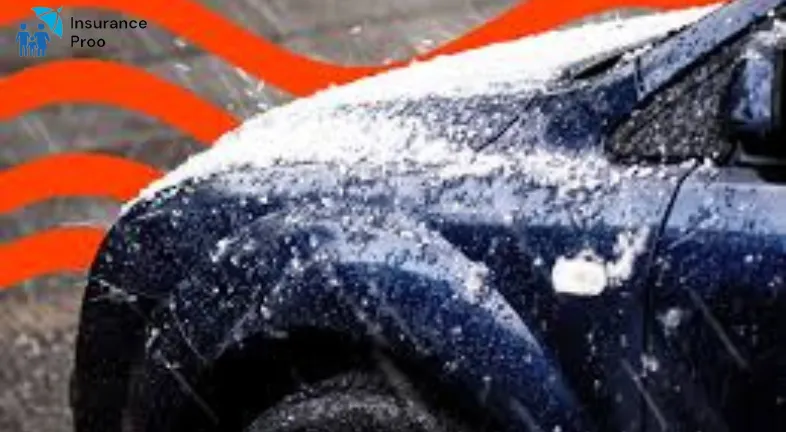
Hail damage is typically covered under comprehensive coverage on auto insurance policies. This coverage offers financial security for repairs brought on by the unwanted pelting of hail.
A summary of the coverage scenario is provided below:
Scenario: During a storm, your car gets hit by hail, causing dents and dings.
Outcome: You can submit a claim to your insurance provider if you have complete coverage. Up to the limitations of your policy, your insurance will pay the remaining repair expenses; your responsibility will be to pay the deductible.
Important Note: Verify Your Particular Policy
Even while hail damage is usually covered by comprehensive coverage, it’s important to double- check your specific policy documentation. There may be limitations or exclusions for hail damage under certain plans.
What to check for in your policy is as follows:
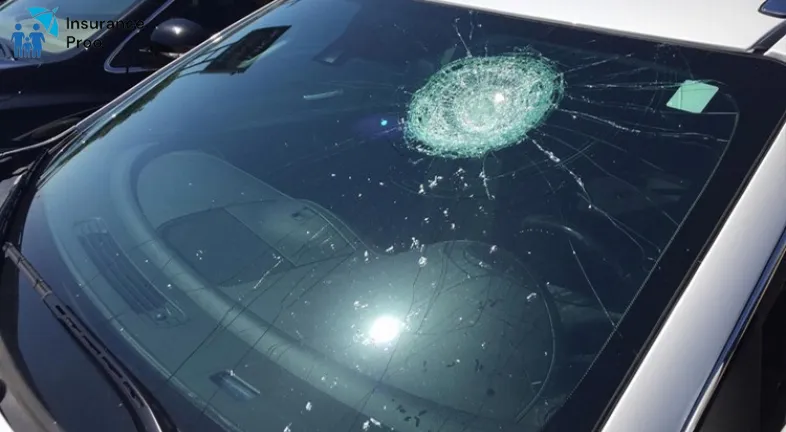
Covered dangers: Verify that “hail damage” is specifically mentioned in your comprehensive coverage section’s list of covered dangers.
Named Exclusions: Examine any applicable exclusions, such as those pertaining to damage resulting from acts of war or civil upheaval.
Beyond Coverage: Extra Points to Think About
Even with thorough coverage, it’s important to comprehend these extra factors: Deductible: Recall that before your insurance coverage begins, you must pay your deductible. A claim may not be financially advantageous if the hail damage is small and the repair expenses would not exceed your deductible.
Depreciation: Your insurance provider may classify your older vehicle as “depreciated” This implies that you might only get paid the car’s current value rather than the full cost of purchase. Taking Charge Following Hail Damage: The Claims Procedure
Here's what to do if a hailstorm damages your car:
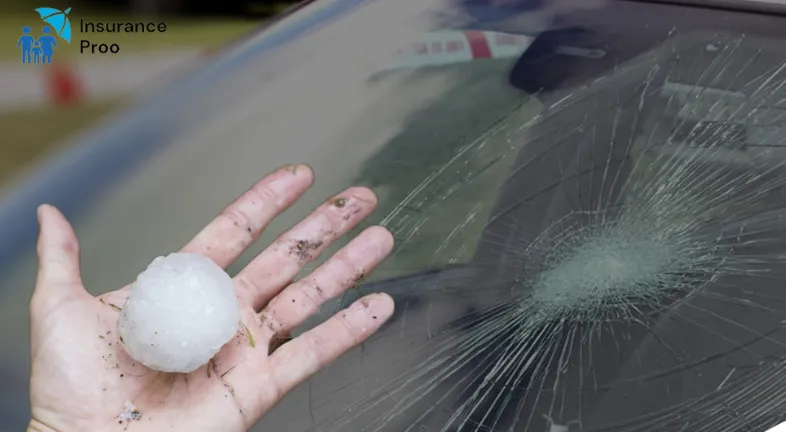
Record the Damage: Take in-depth pictures and videos of the hail damage from different perspectives.
Speak with your insurance provider: Notify your insurance provider of the hail damage as soon as possible. They will assist you in navigating the claims procedure.
assemble information Make sure you have information on the hailstorm’s date, time, and location on hand, along with any relevant police records.
An obtain Approximations: Get repair quotes from licensed body shops. It’s possible that your insurance provider has a network of approved repair facilities that they suggest.
Preventive Actions: Reducing the Impact of Hail
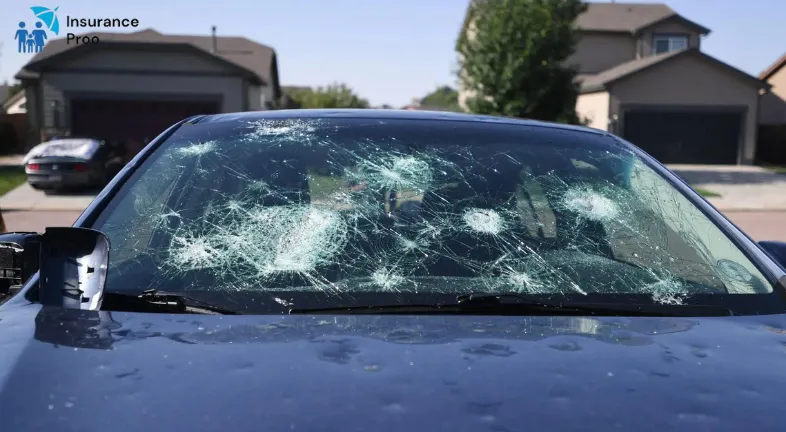
Even though you have no control over the weather, you can take the following preventive measures to possibly reduce hail damage:
Park in a Garage or Covered location: During a hailstorm, try to park your automobile in a garage or covered location.
Invest in Hail Covers: If you reside in a region where hailstorms are common, you may want to think about getting car hail covers for additional protection.
CONCLUSION:
Although hail damage might be a distressing experience, you can escape financially unharmed if you have comprehensive auto insurance. Reread the conditions of your policy, be aware of your deductible, and act quickly if your vehicle is damaged by hail. After an unwanted visit from a hailstorm, you can make sure your automobile gets the care it needs by being ready and having the appropriate coverage.
